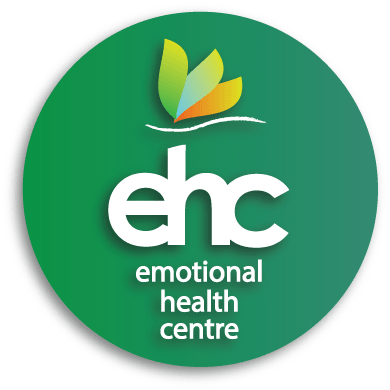Transforming adversity through resilience
Stress. “Yeah yeah I know, it’s bad for you… I have heard it a thousand times before!”
Yet despite our acknowledgement of its negative effects on our health, stress has become an ever-growing theme in our modern lives. The threat of terrorism, economic uncertainty and the rapid pace of organisational change have increased our stress levels to an all-time high. In fact it has gotten to the point where one in five of us will suffer from mental illness at some point in our lives.
Reading the above paragraph, one might think I am saying that stress is a bad thing. Not quite. Short bursts of stress can enable heroic acts, encourage creative solutions or drive us to perform at our best. But for those of us living complicated lives where stress seems to be unavoidable, I ask, ‘what makes the difference between those who are worn down by stress and those who thrive on it?’ What separates a person who suffers deeply from trauma from one who claims to be positively and profoundly changed by it? Resilience.
So what is Resilience?
This is a question that resilience researchers have been studying for decades. Resilience has gone by many definitions, most commonly your ability to ‘bounce back’. Others have called it your ability to withstand or successfully adapt to adversity and then grow from your experience. There are courses out there like “Bullet-Proof Your Staff in 30 days” which imply that a person can quickly be ‘made resilient’ by adding a little of this and subtracting some of that. The good news is that resilience certainly can be cultivated! However, each person’s path will be exquisitely unique to them. Some have likened human resilience to an eco-system, implying that there are many interacting and dynamic elements involved that are particular to you. As we are constantly interacting with our environment, it would be more accurate to say we are more like an eco-system embedded within other eco-systems.
So bringing things back to work then, if your manager gives you 10 times more work than you can currently handle and then ships you off to a resilience course, chances are it might be of little benefit. If not somewhat insincere. The problem you see, began upstream. Pushing back on your workload might do more for your resilience in this instance than anything else.
So what is the first step needed to become more resilient?
Resilience has many layers. For the moment, a good start might be to recognise that we have mental, emotional and physical needs, and not least of all, a need for purpose and connection with others. Each of these is constantly in flux and it is YOU who are most responsible for influencing them. I have included some questions to shine a light on these different areas:
Mental Body
- We have been blessed with an imagination and boundless creativity! Are your thoughts and imagination making you more or less resilient? Who is in charge of your beliefs? Are they ‘hand-me downs’ or have you chosen them?
- Do you feel like a victim of circumstance? Or a victor?
- Do you notice how your thoughts affect you? How they influence your emotions & behaviours?
Emotional Body
- Which emotions do you struggle with? In which circumstances do they appear? With family members? Friends? Your boss?
- How do you deal with extreme (e.g. rage, grief) emotions? Do you keep a lid on them? Express them to friends? Through art?
- What strategies do you use to cope with difficult emotions? Do you keep a lid on them? Don’t talk about them? Drink alcohol to deal with them?
Physical Body
- How do you feel emotionally when you are under-slept? How many hours of sleep do you need to meet your daily challenges?
- Which foods / drinks add to your energy levels? Which sap them?
- What do you do when you have physical signs of stress in your body such as: muscle tension, headaches, raising heart, rapid breathing + stomach churning?
Purpose / Meaning
- Do you believe you have a calling in life? Have you reconciled crises or tragedies that you have lived through? Does your life feel richer or poorer for them?
- Are you living according to your values? What can you do to align your life to them?
Connection to others
- Who can you turn to during a crisis? What can you do to foster relationships with people at work or home? What is the first step you need to take?
- If suffering with mental illness, which community or support group can you turn to?
Want to learn to live a more resilient lifestyle and enhance resilient thinking?
Please contact us to find out more on how resilience can be enhanced at home and in the workplace on: 9584-5150.
EHC offer a range of services to enhance resilience from workplace resilience workshops to individual counselling and coaching sessions.
Also stay tuned for more blogs on resilience!

